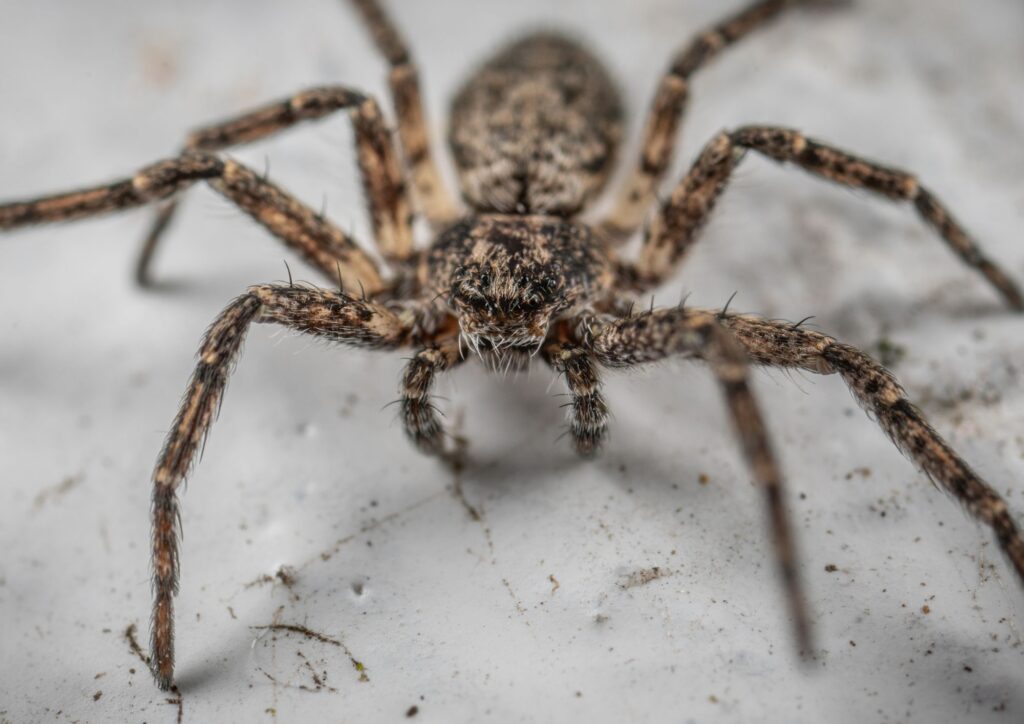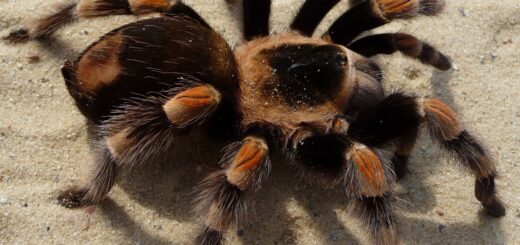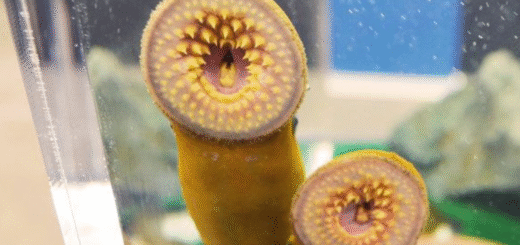What to Do (and Not Do) If You’re Bitten by a Spider
Don’t Panic, Be Prepared
You feel a sudden sting, see two small puncture marks, and realize—you may have just been bitten by a spider. While most spider bites are harmless and heal on their own, some can cause more serious reactions.
Knowing what to do (and what NOT to do) right after a bite can make all the difference in how quickly you recover—and when to seek medical help.
This guide walks you through spider bite symptoms, treatment, and common mistakes to avoid.

First, Know This Most Spiders Are Harmless
Out of more than 50,000 spider species, only a few are considered dangerous to humans. The majority of bites come from non-aggressive spiders, and symptoms are usually mild:
- Redness or swelling
- Itchiness or minor pain
- A small bump or blister
But in rare cases, spiders like the Black Widow or Brown Recluse can cause more serious symptoms that require medical attention.
What to Do If You’re Bitten by a Spider
1. Stay Calm and Move to a Safe Area
Avoid panicking. Move away from the spider and ensure it can’t bite again.
Tip: If possible, safely capture or take a photo of the spider for identification.
2. Clean the Bite Area
Use mild soap and water to clean the wound. This helps prevent infection.
3. Apply a Cold Compress
To reduce swelling and pain, apply a cold compress or wrapped ice pack for 10–15 minutes at a time.
Avoid placing ice directly on skin.
4. Elevate the Area (If on a Limb)
If bitten on your arm or leg, raise the limb to help reduce swelling.
5. Take Over-the-Counter Medications (if needed)
- Ibuprofen or acetaminophen for pain
- Antihistamines (like Benadryl) to relieve itching or mild allergic reaction
6. Monitor for Symptoms
Keep an eye on the bite for the next 24–48 hours. Watch for:
- Spreading redness
- Increasing pain
- Fever or chills
- Signs of infection (pus, heat, red streaks)
What NOT to Do After a Spider Bite
Don’t Panic and Kill the Spider (if possible to avoid)
If you can safely trap the spider for identification, that’s more helpful than squashing it. It helps doctors assess the danger level.
Don’t Cut or Squeeze the Bite
This can worsen tissue damage or spread venom.
Don’t Use a Tourniquet
Restricting blood flow may increase damage and is not recommended for spider bites.
Don’t Apply Home Remedies Without Research
Essential oils, vinegar, toothpaste—these may irritate the skin or worsen the bite. Stick with proven first aid methods.
When to Seek Medical Attention
Call a doctor or visit an emergency room if you experience:
- Severe pain or cramping
- Difficulty breathing or swallowing
- Wound with open ulcer or blackened tissue
- Fever or chills
- Bite near eyes, genitals, or inside the mouth
- You suspect a bite from a Black Widow, Brown Recluse, or exotic spider
How Doctors May Treat Serious Bites
Depending on the spider and symptoms, treatments may include:
- Prescription antibiotics for infected bites
- Tetanus shot (if needed)
- Antivenom (rare and only for confirmed dangerous spider bites)
- Wound care for necrotic tissue
Fun Fact
Spider bites are often mistaken for other skin issues like insect bites, infections, or allergic reactions. Studies show many “spider bites” are not caused by spiders at all!
Conclusion: Stay Smart, Not Scared
Most spider bites aren’t serious—but it’s always better to be safe than sorry. Quick, calm action and proper care can help you heal fast and avoid complications.
If in doubt, get checked out. Your peace of mind—and health—is worth it.








